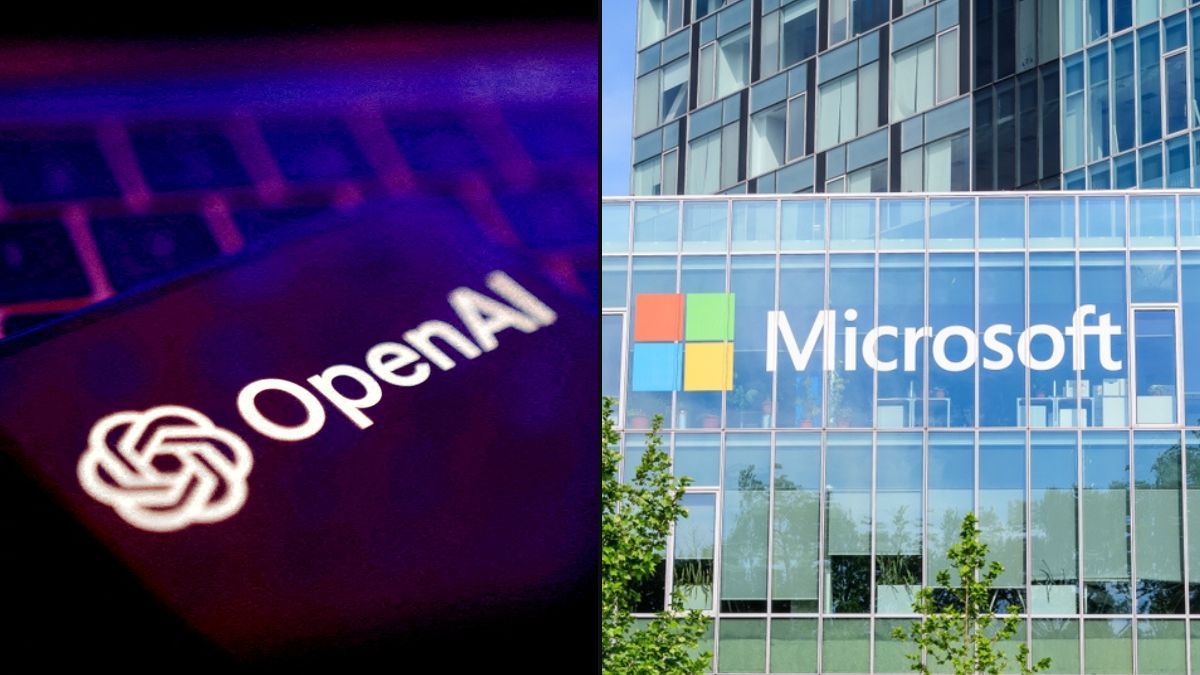Tiff in tech: Is the OpenAI-Microsoft partnership nearing a split?
 Representative image | REUTERS/Shutterstock
Representative image | REUTERS/Shutterstock
There is no doubt that AI is taking over every aspect of the world. When Microsoft invested $14 billion into OpenAI, the tech world saw it as a massive and powerful partnership. Microsoft holds a 49 per cent stake in OpenAI, and the two companies together form a powerhouse. But today, cracks are beginning to show in what was thought to be one of the best business deals in the industry.
The relationship between Microsoft and OpenAI appears to be strained, as both entities are headed in different directions, according to reports. The reason for this may be a clash of ambitions. OpenAI seems eager for expansion and is pushing for ideas that Microsoft may be reluctant about. Microsoft appears determined to preserve the benefits of its early investment.
As both companies attempt to race to dominate the AI space, not exclusively as partners but possibly as rivals, too, the fractures are becoming too big to ignore. Here is what has been happening behind the scenes:
A struggle for control: OpenAI wants to transition its structure to a public-benefit corporation—which would allow the company to fundraise freely and potentially pursue an IPO down the line .
However, Microsoft, as one of OpenAI’s largest investors, holds a special class of rights in the company, giving it the power to block this proposal. This is reportedly causing delays in OpenAI’s future plans.
Falling out on cloud exclusivity: Currently, OpenAI is set up to utilise Microsoft’s Azure cloud platform. However, OpenAI has indicative plans to use Google Cloud, a rival service provider, for the computing operations, which is a move causing concern to Microsoft. OpenAI’s partnership and the signing indicate a need for independence, which Microsoft may not be thrilled about as it’s losing its exclusive grip on OpenAI’s valuable models and services.
Conflict in business objectives: Microsoft is no longer simply a partner—it is transforming into a competitor. Microsoft’s investment in Copilot, its in-house AI models, and additional hiring, including AI expert Mustafa Suleyman, suggests that Microsoft is ready to build its own AI platform independent of OpenAI.
Talk of anti-competitive accusations: Perhaps the wildest revelation of all—OpenAI executives have reportedly discussed accusing Microsoft of anti-competitive behaviour. This implies that OpenAI could potentially be involved with regulators or the courts should matters escalate.
Sci/Tech